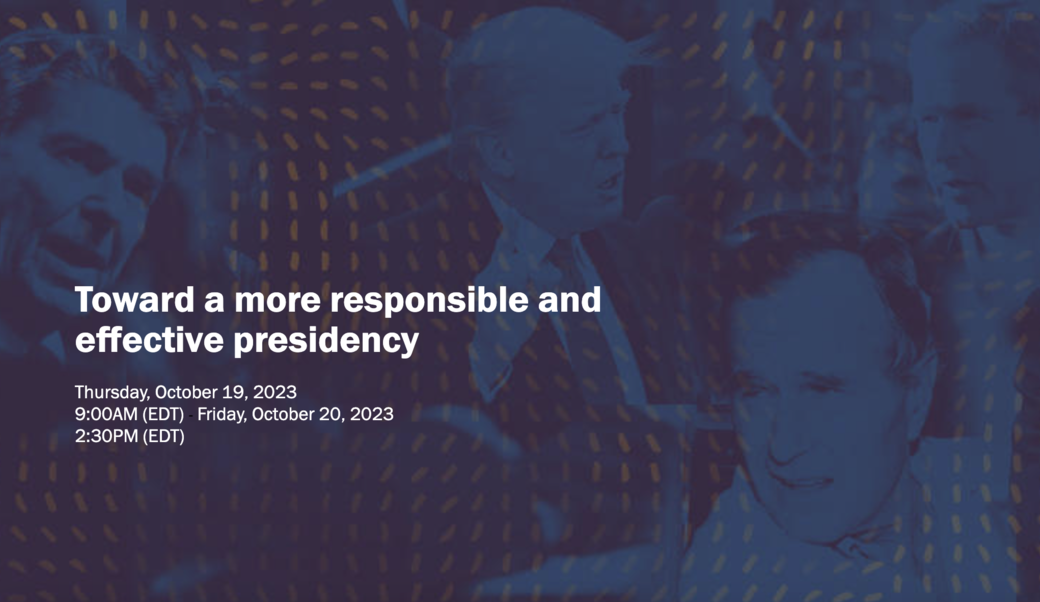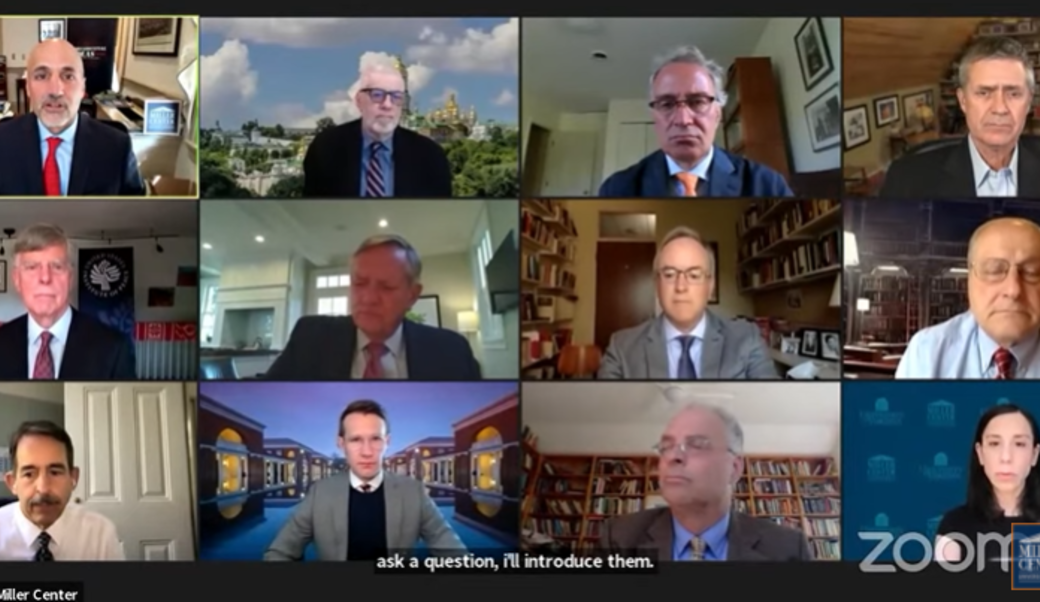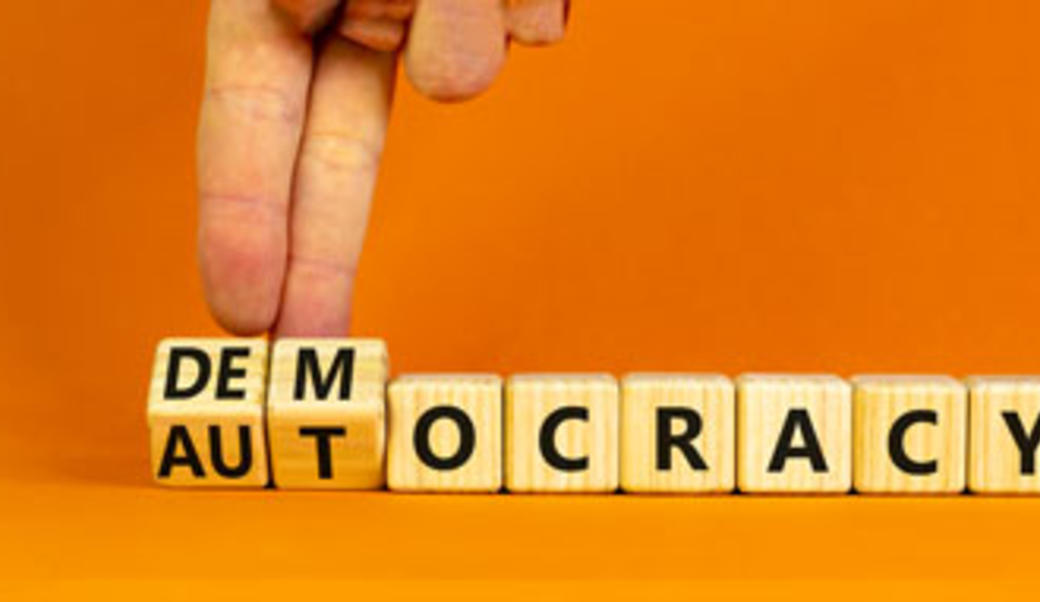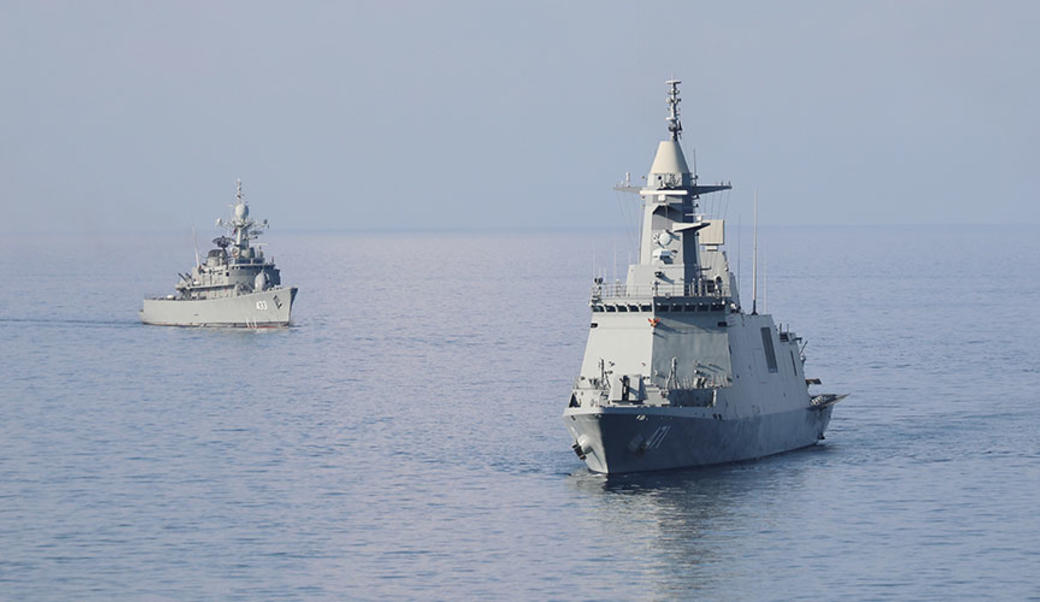Fast Facts
- Former dean, Frank Batten School of Leadership and Public Policy
- Former director, International Policy Center at the Gerald R. Ford School of Public Policy
- Expertise on war outcomes, war durations, mediation, alliance politics
Areas Of Expertise
- Foreign Affairs
- American Defense and Security
- War and Terrorism
- Governance
- Leadership
Allan C. Stam is a University Professor, professor of public policy and politics, and former dean of the Frank Batten School of Leadership and Public Policy at the University of Virginia. Previously, he was director of the International Policy Center at the Gerald R. Ford School of Public Policy and professor of political science and senior research scientist at the University of Michigan’s Institute for Social Research. Prior to moving to Michigan in 2007, he was the Daniel Webster Professor at Dartmouth College (2000-2007) and was assistant professor at Yale University (1996-2000). His research focuses on the dynamics of armed conflict between and within states. Before completing his undergraduate degree at Cornell University in 1988, where he earned a varsity letter in heavyweight crew, he served as a communications specialist on an ‘A’ detachment in the U.S. Army Special Forces and later as an armor officer in the U.S. Army Reserves. He holds an MA and PhD in political science from the University of Michigan.
Stam’s work on war outcomes, war durations, mediation, and alliance politics appears in numerous political science journals including the American Political Science Review, International Security, and the British Journal of Political Science. He has received several grants supporting his work, including five from the National Science Foundation. His books include Win, Lose, or Draw (University of Michigan Press, 1996), Democracies at War (Princeton University Press, 2002), The Behavioral Origins of War (University of Michigan Press, 2004), and Why Leaders Fight (Cambridge University Press, 2015). He is a lifetime member of the Council on Foreign Relations and in 2007 he was a residential fellow at the Center for Advanced Study in the Behavioral Sciences at Stanford University. He is the recipient of the 2004 Karl Deutsch Award, given annually by the International Studies Association to the scholar under the age of 40 who has made the greatest contribution to the study of international politics. He has worked on several consulting projects for the U.S. Department of Defense and the U.S. Navy’s Joint Warfare Analysis Center.









